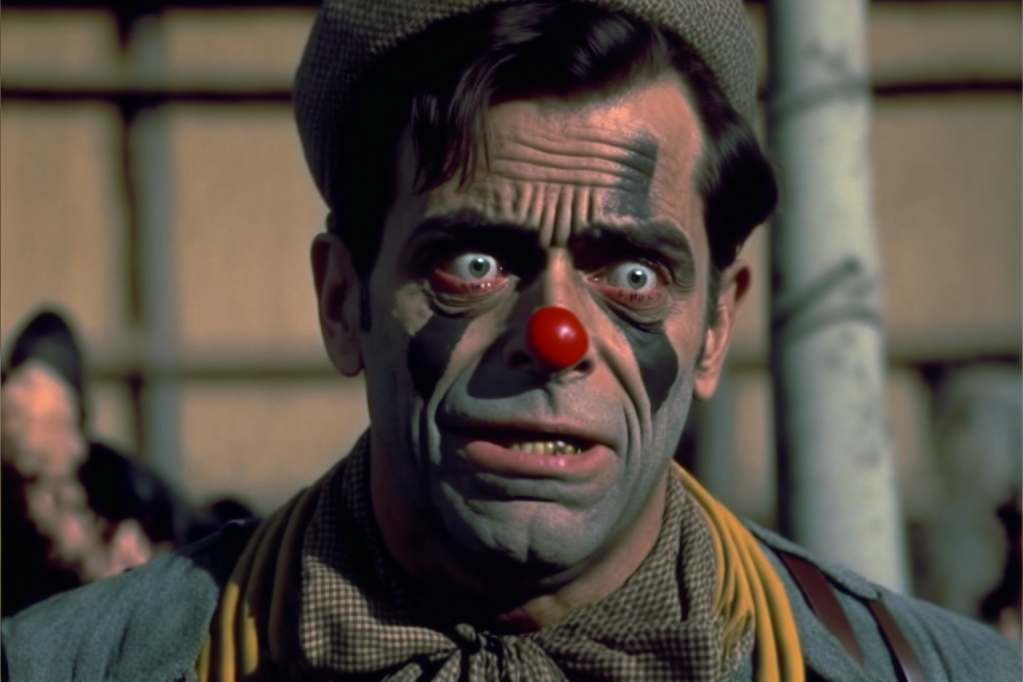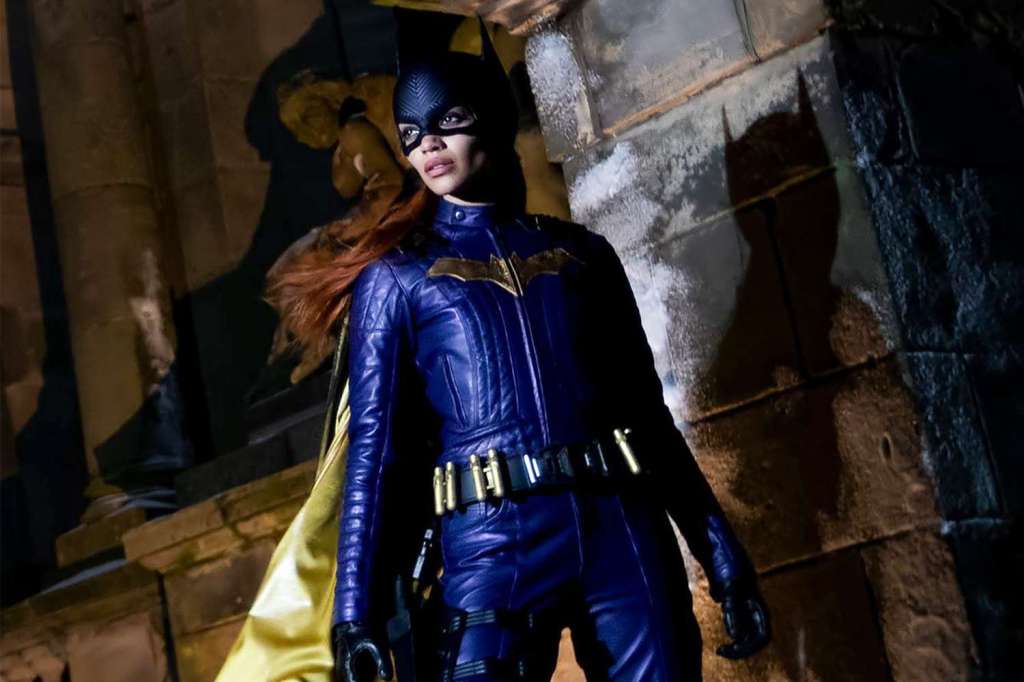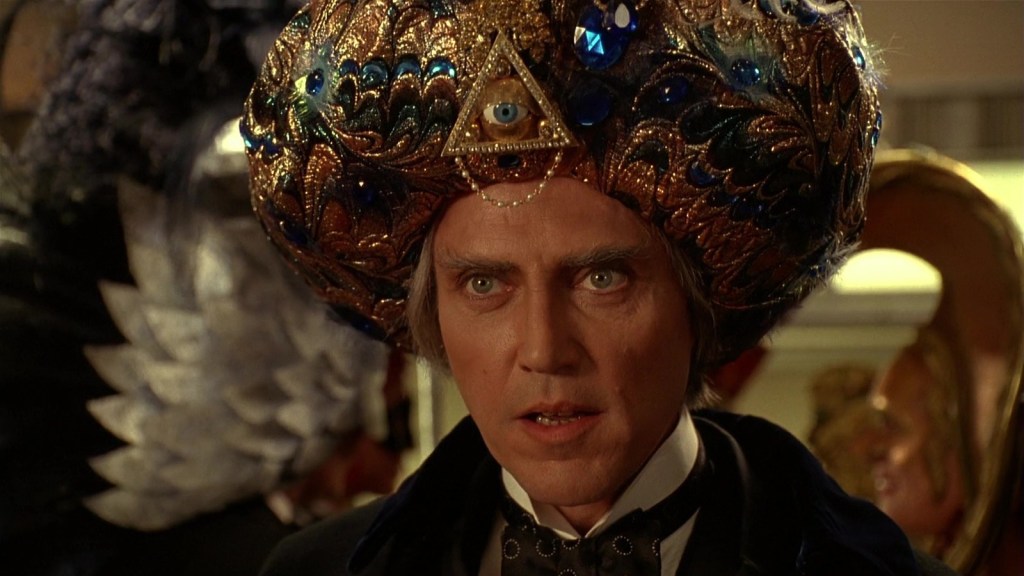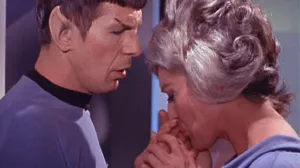Sometimes, the best movies are the ones we never get to see. The leaked Powerpuff Girls live-action trailer that recently surfaced online proves this point spectacularly. The CW’s abandoned adaptation looks exactly as awkward and misguided as critics feared, with cringe-worthy dialogue and questionable creative choices that validate the network’s decision to pull the plug. This catastrophic footage raises an intriguing question: How many other shelved projects were mercy killings rather than missed opportunities? Hollywood’s cutting room floor might be littered not with lost masterpieces but with disasters in waiting that studios wisely prevented from reaching audiences. The Powerpuff debacle offers compelling evidence that sometimes, cancellation is the kindest fate a troubled production can receive.
Videos by ComicBook.com
This protective practice may have saved us from countless cinematic catastrophes over the years. Warner Bros. made headlines when they axed the nearly-finished $90 million Batgirl movie, and while many fans expressed outrage, the studio’s executives clearly saw something fundamentally unworkable in the footage. In an industry where releasing a subpar product can damage valuable intellectual property for years, sometimes the financially painful decision to cancel a project represents responsible oversight rather than creative cowardice. Throughout film history, studios have occasionally demonstrated commendable restraint by shelving projects that simply weren’t working, sparing both audiences and franchises from lasting damage.
When Cancellation Saves Reputations

Nicolas Cage as Superman sounds fascinating in theory but potentially disastrous in execution. Tim Burton’s abandoned Superman Lives has achieved mythic status among film buffs, with costume test footage showing a bizarre, rubber-muscled Cage that bears little resemblance to the iconic hero. While Burton’s gothic sensibilities brilliantly complemented Batman’s dark world, applying that same aesthetic to the inherently optimistic, sunlit character of Superman risked a fundamental clash of sensibilities.
The production faced numerous script revisions and ballooning costs before Warner Bros. finally pulled the plug. Given the critical reception to later Burton fantasies like Planet of the Apes and Alice in Wonderland, it’s reasonable to conclude that Superman Lives might have damaged Superman’s cinematic reputation far more severely than the disappointing Superman IV: The Quest for Peace had already done. Sometimes, beloved characters are better served by patience than by forced adaptations that miss their essential appeal.
Similarly, Robert Zemeckis’s planned motion-capture remake of The Beatles’ Yellow Submarine might have permanently scarred viewers rather than enchanted them. Concept art revealed that the psychedelic charm of the original had morphed into unsettling, uncanny valley nightmare fuel similar to Zemeckis’s earlier film The Polar Express. Disney executives demonstrated rare foresight by canceling the project, recognizing that technological capability doesn’t always translate to appropriate artistic choices.
When Disaster is Narrowly Averted

Some canceled films represent genuine ethical and artistic disasters narrowly avoided. Marvel executive Avi Arad allegedly paid “a couple of million dollars in cash” to purchase and destroy the unreleased 1994 Fantastic Four film after watching it and recognizing its potential to damage the franchise permanently. Despite these efforts, bootleg copies eventually circulated, confirming Arad’s judgment; the low-budget, campy adaptation would have severely undermined the property’s value had it received official distribution.
Perhaps no canceled film better exemplifies justified suppression than Jerry Lewis’ notorious The Day the Clown Cried, about a circus clown who leads Jewish children into Nazi gas chambers. Lewis himself eventually acknowledged the film’s fundamental conceptual problems, calling it “embarrassing” and ensuring it remained unreleased. The few industry insiders who saw portions described it as catastrophically misguided, with comedian Harry Shearer saying it was “drastically wrong” with “pathos and comedy that just don’t work.”
Fox Atomic’s Revenge of the Nerds reboot collapsed two weeks into filming — a fortunate outcome given the original’s deeply problematic sexual politics that haven’t aged well. The 1984 film contains scenes that modern audiences recognize as sexual assault played for laughs, and any faithful reboot would either reproduce these troubling elements or lose the original’s central narrative. Either option represented a potential disaster that cancellation fortunately prevented.
[RELATED – Coyote Vs. Acme Actor Has Good News For Fans (And How You Can Help The Movie)]
When Financial Wisdom Prevails

While creative concerns often drive cancellations, financial prudence sometimes necessitates them as well. The Batgirl decision, while controversial, reflected sound business strategy. Warner Bros. Discovery determined that the additional tens of millions required for post-production polishing and marketing would never generate sufficient return on investment. By taking a tax write-down instead, they prevented further financial bleeding—a responsible decision for a company managing valuable intellectual property.
Similarly, Zack Snyder’s planned Planet of the Dead for Netflix likely fell victim to cost-benefit analysis. Despite Army of the Dead attracting 75 million household views initially, the streaming giant has become increasingly selective about which projects receive sequel funding. Given the mixed reception to Snyder’s Rebel Moon films, Netflix’s decision to quietly cancel further zombie universe expansions probably saved millions that could be better invested elsewhere.
The Blessing of Preemptive Cancellation

The entertainment graveyard is littered with productions that should never have progressed as far as they did. Gods Behaving Badly, despite featuring Christopher Walken, Sharon Stone, and Alicia Silverstone, was reportedly so disastrous that after one screening at the 2013 Rome Film Festival, it was permanently withheld from release. Critics savaged it, with Variety noting, “Athena, goddess of wisdom, is absent from the lifeless script.” The producers demonstrated rare self-awareness by recognizing no amount of re-editing could salvage the underlying issues.
The Powerpuff Girls footage reminds us that sometimes, studios do audiences and creators a favor by preventing problematic productions from seeing a general release. The material appears to fundamentally misunderstand what made the original cartoon appealing, transforming cute superhero kindergartners into angsty, foul-mouthed twentysomethings with identity crises. This dramatic tonal shift demonstrates precisely why not all nostalgic properties deserve live-action adaptations.








